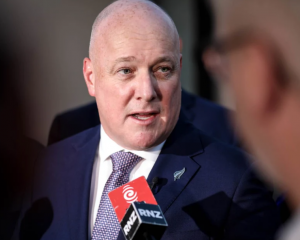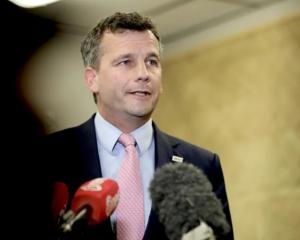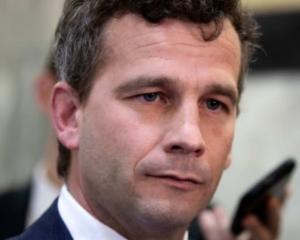Mr Parker has just issued a statement announcing he will hold a press conference tomorrow - and it is understood he will put his name forward at that conference.
There has been ongoing speculation Mr Parker was reconsidering his earlier decision not to run for the leadership. It will bring the number of candidates for the job to four - David Cunliffe, Grant Robertson, Andrew Little and Mr Parker.
Mr Parker is highly respected within Labour and his supporters believe he is best placed to ease the tension between caucus and members, unify caucus and get Labour back in front of the voters' eyes for the right reasons. From Dunedin but based in Auckland he also adds another non-Wellington name to that of Mr Cunliffe, as well as a business background.
He delivered a strong and passionate address at the party's election year Congress this year which impressed many and showed he had greater depth than his pointy-headed reputation. The former lawyer was trusted with complex portfolios such as climate change by Helen Clark, and is responsible for much of the grunt work behind Labour's big policies and fiscal framework.
Mr Parker was deputy to Mr Cunliffe over the past term and was loyal - but was angered by Mr Cunliffe's subsequent response to the election result and failure to quell suggestions he had been undermined by others in his caucus. Soon after the election, Mr Parker made it clear he had lost confidence in Mr Cunliffe and could not stay on as his deputy.
He was appointed acting leader by caucus a week after the election after Mr Cunliffe stepped down to trigger the leadership contest.
Mr Parker had first intended to run for the leader's role against David Cunliffe in 2011 but pulled out after David Shearer also put his name in. That was before Labour had its new election process giving members and unions a vote - the leadership was decided by caucus alone.
Although he has aid he did not regret pulling out, it clearly left unresolved questions in Mr Parker's mind which he has now stepped up to test.
Mr Parker's entry will make it almost inevitable that the contest will not be decided on the first round of votes.
Labour has a preferential voting system for its leadership under which members, caucus and affiliates rank candidates in order of preference.
In each round the lowest ranked candidate is knocked out and their supporters' second preference votes are tallied up until one candidate has more than 50 per cent.












